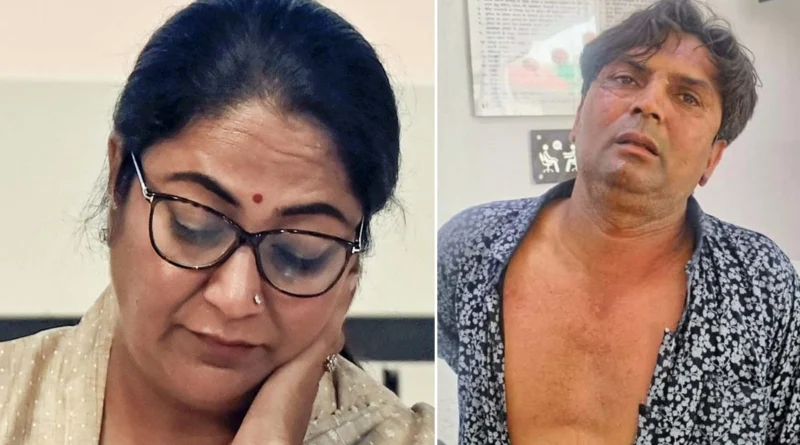Prabhasakshi Newsroom: The attack on Rekha Gupta raises a critical question — if even the Delhi Chief Minister is not safe, then how can the common man feel secure?
It is true that in a democracy, every citizen has the right to criticism and dissent. However, the language of disagreement can never be violence. An attack on the Chief Minister is not just an insult to an individual, but also a disrespect to the constitutional office that represents the aspirations of the people.
The attack on Delhi Chief Minister Rekha Gupta during a public grievance hearing is not merely an isolated personal incident, but a matter of deep concern for India’s democratic culture. A Jan Sunwai (public hearing) is meant to be a bridge between citizens and the government, reducing the gap between complaints and solutions. If such a platform turns into an arena of violence, it not only exposes weaknesses in law and order but also raises serious questions about civic decency.
It is true that in a democracy every citizen has the right to criticism and dissent. However, the language of disagreement cannot be violence. An attack on the Chief Minister is not just an insult to an individual but a direct affront to the constitutional office that represents the people’s aspirations. Politically, this incident may spark debate between the ruling and opposition parties, but the core issue is security and accountability. If the Chief Minister of Delhi cannot feel safe in her official residence, how can the common citizen trust in their own safety?
According to reports, the incident occurred at CM Rekha Gupta’s official residence in Civil Lines, where she was meeting citizens. The accused attempted to attack her but was quickly subdued by police present at the spot. The Chief Minister was later taken to a hospital for a medical check-up. During interrogation, the attacker identified himself as Rajesh Bhai Khimji Bhai Sakariya from Rajkot, Gujarat. The police are now verifying his background.
Eyewitnesses said that while the CM was listening to grievances, a commotion broke out from behind, and security forces rushed to overpower the assailant. One complainant, Shailendra Kumar, said that news spread that the CM had been slapped, causing panic at the venue.
BJP state president Virendra Sachdeva assured that the Chief Minister’s condition is stable, calling her a “strong woman” who did not cancel her scheduled programs. Delhi Congress president Devender Yadav condemned the incident as “unfortunate,” stating, “If even the Chief Minister of Delhi is not safe, how can the safety of ordinary men and women be ensured?”
The broader concern is that public hearings are designed to establish direct communication between the government and citizens. However, incidents like this undermine the credibility and security of such platforms. If a person holding a constitutional position can be attacked in such a manner, it signals a serious threat to democratic traditions. The security breach at the Chief Minister’s residence—a highly sensitive location—raises grave questions about VVIP protection as well as the overall strength of public safety mechanisms.
The reactions of both BJP and Congress show that this issue will not remain limited to security alone but will also become part of political discourse. The ruling party and the opposition are likely to interpret the incident through their own political lenses. For the public, it has sent a worrying message—that even the safest platforms for grievances are not immune to chaos and disorder.
Ultimately, the attack on Rekha Gupta is not just an assault on an individual, but a direct strike on democratic culture and the security framework. This incident should serve as a warning for the administration to further strengthen VVIP security systems. At the same time, political parties must refrain from reducing the matter to mere blame games and instead engage in serious debate on citizen safety and the integrity of democratic dialogue.
Stay updated with Latest National News in Hindi on Prabhasakshi

